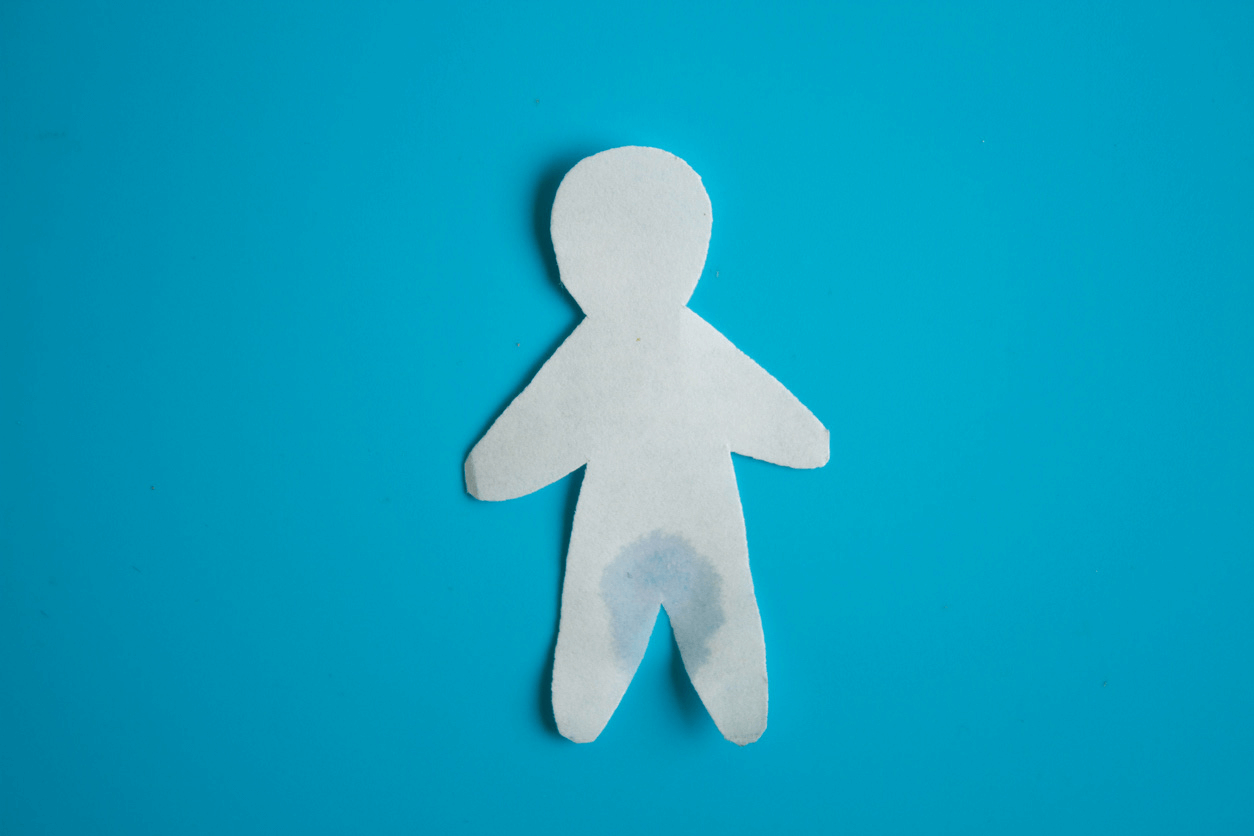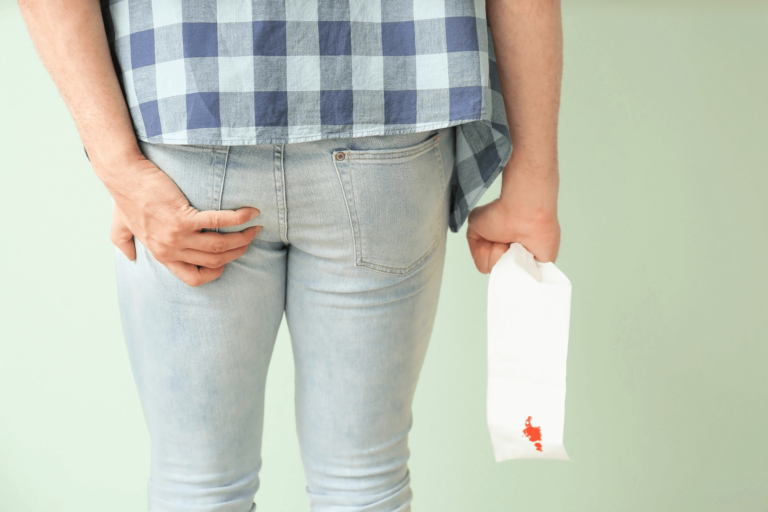I’m 11 Weeks Pregnant and Leak Urine When I Cough or Run – Why?

If you’re 11 weeks pregnant and experiencing urine leakage when you cough, sneeze, or run, you’re not alone. This is called stress incontinence, a common condition that affects about one-third of women during pregnancy, particularly if you’re carrying your first baby. If you’ve had children before, you’re even more likely to experience this.
Why Does Stress Incontinence Happen During Pregnancy?
Early in pregnancy, hormonal changes start to impact your body, including your pelvic floor muscles. The hormone progesterone begins to rise, relaxing muscles throughout your body. Around 10 to 14 weeks into your pregnancy, the hormone relaxin peaks, which loosens your ligaments, including those that support the bladder. These changes can lead to a weakening of the sphincter muscles, the muscles that control the release of urine from your bladder.
When you cough, sneeze, laugh, or run, the pressure inside your abdomen increases. This pressure is transmitted to your bladder, and if your pelvic floor muscles are weak or can’t contract properly, you may experience involuntary leakage. Normally, your pelvic floor muscles act like a seal to close off your bladder, but if they are not strong enough, that seal can fail under pressure.
Also read: Do Pelvic Floor Gadgets and Aids Really Work?
How to Manage and Prevent Urine Leaks During Pregnancy
Fortunately, there are steps you can take to reduce or even prevent urine leakage during pregnancy:
- Pelvic Floor Exercises: These exercises, also known as Kegels, are essential for strengthening the muscles that control your bladder. Regularly performing these exercises can make a significant difference in preventing leaks. If you’re not sure how to do them, check out resources or speak to a healthcare provider.
- Exercise Modifications: If you enjoy running, consider taking a break for a few weeks to focus on strengthening your pelvic floor. High-impact activities like jogging can put added strain on these muscles, which may worsen incontinence. Instead, try low-impact exercises such as swimming, cycling on a stationary bike, or brisk walking, all of which are gentler on your pelvic floor.
- Avoid Downhill Walking: Walking downhill can increase the impact on your pelvic floor, potentially leading to more leaks. Opt for flat or uphill routes to reduce pressure on your bladder.
When to Seek Help
If you’ve been doing pelvic floor exercises regularly but are still experiencing leaks after a few weeks, or if you’re unable to feel anything when you try the exercises, it may be time to consult a women’s health physiotherapist. This specialist can assess whether you are doing the exercises correctly and offer personalized guidance.
You should also reach out to a healthcare provider if:
- You experience pain while doing pelvic floor exercises.
- You continue to leak urine when you cough, sneeze, or exercise, even after consistent efforts to strengthen your pelvic floor.
A physiotherapist can provide hands-on guidance, ensuring you are engaging the right muscles and help you optimize your exercise routine.
Will the Leaks Stop Later in Pregnancy?
For many women, urinary leakage may become more noticeable as pregnancy progresses. As your baby grows, the increasing size of your uterus puts additional pressure on your bladder. In fact, over half of women experience some form of urinary incontinence by the third trimester.
Even though leakage may continue or worsen as your pregnancy advances, continuing to strengthen your pelvic floor will be beneficial in the long run. It’s especially important to maintain these exercises after your baby is born, as pregnancy and childbirth can further weaken these muscles. Once you become a busy mom, finding time to do your exercises may be more challenging, but creating a routine now will help you sustain this habit for life.
Final Thoughts
Leaking urine during pregnancy can be frustrating, but it’s a common and manageable condition. By committing to pelvic floor exercises and making small adjustments to your routine, you can strengthen these essential muscles and reduce the likelihood of leaks. If you’re still struggling, don’t hesitate to seek advice from a healthcare professional, who can provide additional support to keep you comfortable and confident throughout your pregnancy.
Remember, the key to managing stress incontinence during pregnancy is consistency. With regular pelvic floor training and mindful activity choices, you can significantly improve bladder control both during pregnancy and after childbirth.
Also read: Can Pelvic Floor Exercises Enhance Your Sex Life?






